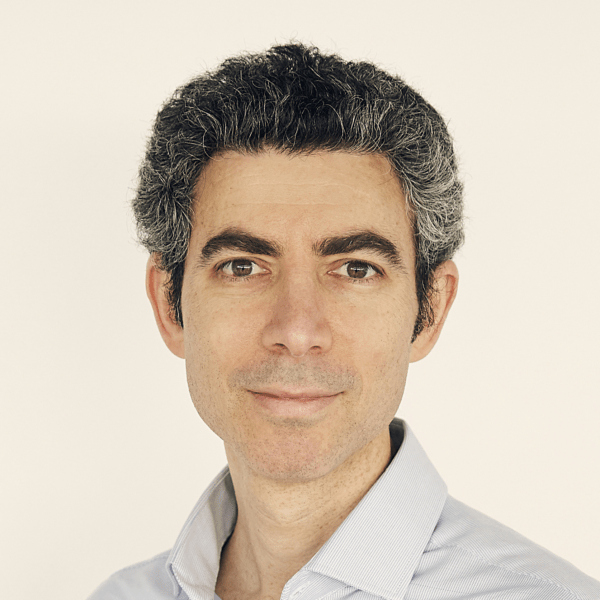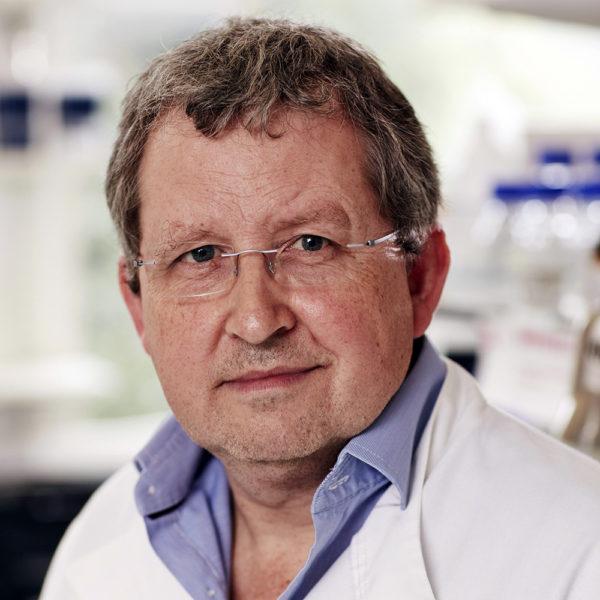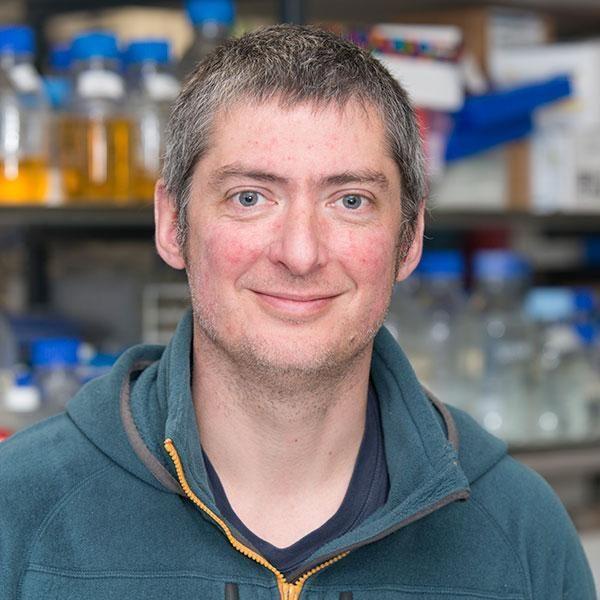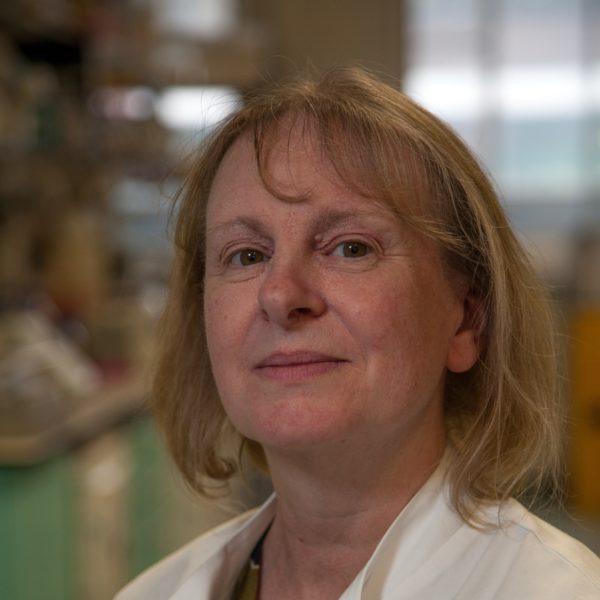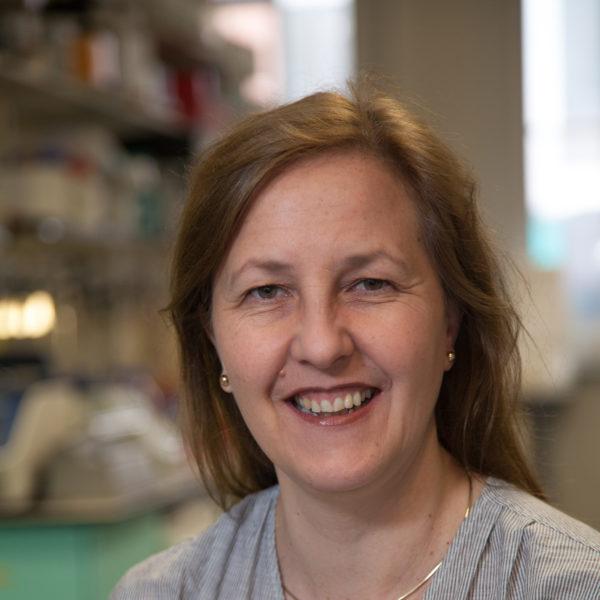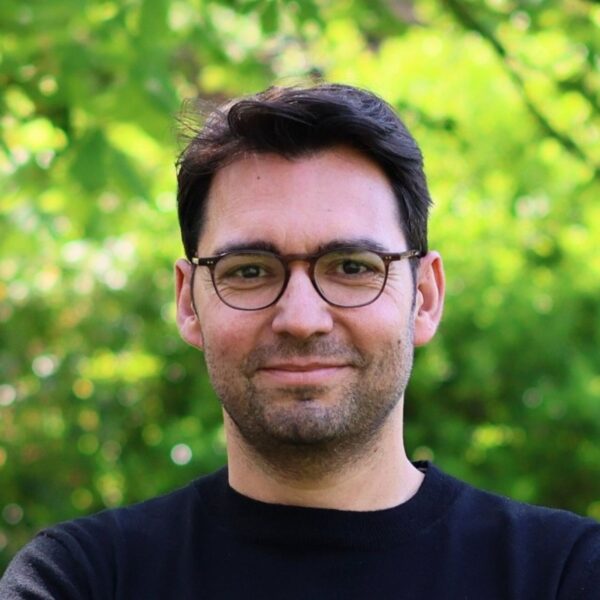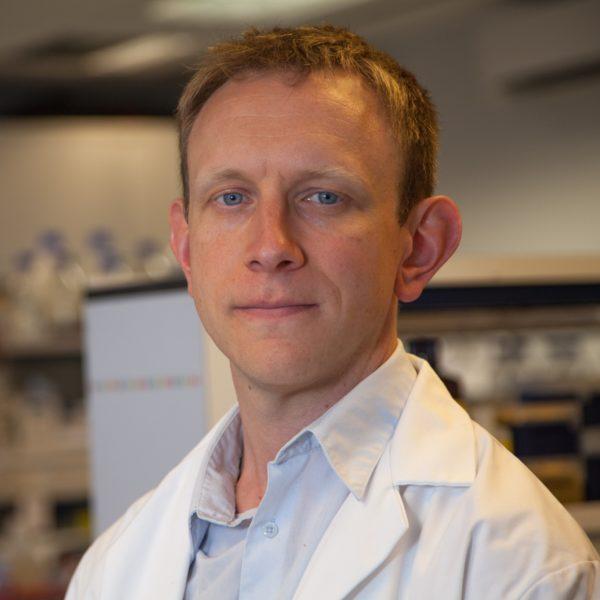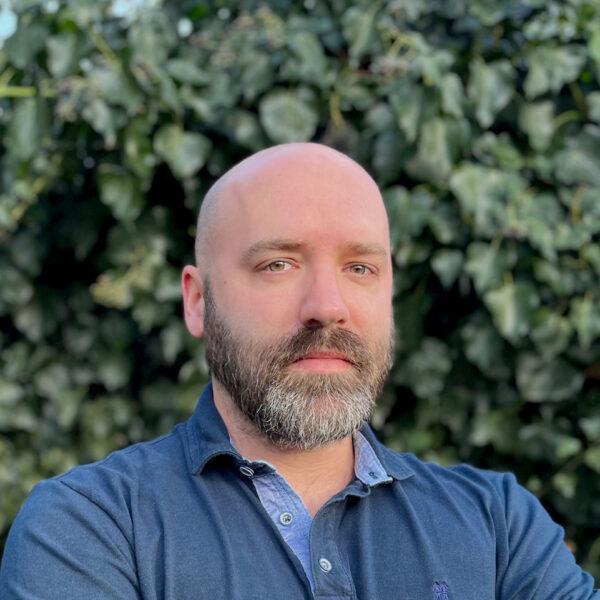Staff Directory
Professor Nitzan Rosenfeld
Director, Barts Cancer Institute; Professor of Applied Cancer Research
The Rosenfeld group develops molecular diagnostic tools for cancer detection, characterisation and monitoring, to help make more informed treatment decisions. We focus on liquid biopsies, in which we analyse blood samples to detect and characterise cell-free circulating tumour DNA (ctDNA).
Professor John F. Marshall
Professor of Tumour Biology
I study the biology of tumour invasion with a particular focus on the roles of the adhesion molecules expressed on the cell surface that mediate this process. Our group concentrates on the study of integrins that are the principal family of adhesion molecules that mediate the interaction between cells and the extracellular matrix.
Professor Andy Finch
Professor of Cancer Metabolism
Our group studies changes in metabolism and metabolic stresses that are caused by oncogene activation and how these stresses lead to tumour suppressive responses.
Professor Louise Jones
Professor of Breast Pathology
My research in breast cancer focuses on the progression of in-situ to invasive disease with the aims of identifying 1) markers which can predict behaviour and 2) novel therapeutic targets.
Professor Stéphanie Kermorgant
Professor of Cellular Oncology
We study the role of growth factor receptor signalling and intracellular trafficking (movement inside cells) in tumour growth and metastasis in the view of improving cancer therapy.
Dr Pedro Monteiro
Senior Lecturer
My research focuses on elucidating the mechanisms underlying cancer cell invasion. In particular, I’m interested in the role of plasma membrane dynamics in mediating cancer cell interaction with its immediate environment, notably by allowing cancer cells to remodel and cleave the extracellular matrix, thus leading to cell breakage into the surrounding environment.
Dr Oliver M. Pearce
Reader in Tumour Extracellular Matrix
The focus of our research is the tumour microenvironment and we are particularly interested in understanding the composition and function of the tumour extracellular matrix in immunosuppression. Cancer types we focus on include ovarian and breast cancers.
Dr Barrie Peck
Senior Lecturer
My lab aims to understand the alterations in metabolism that take place in cancer and investigate whether extrinsic factors, such as diet, influence cancer metabolism and disease trajectory. We then want to uncover whether these dependencies can be exploited therapeutically.
Professor Peter Schmid
Professor of Cancer Medicine; Centre Lead, Centre of Experimental Cancer Medicine; Director, Barts Breast Cancer Centre
My research interests focus on improving the care of women with breast cancer through clinical trials. I am investigating a variety of novel agents that target specific pathways within cancer cells and the surrounding tissue.
Dr Vivek Singh
Lecturer in Digital Pathology
Dr Maryam Abdollahyan
My research is focused on Machine Learning with applications in Bioinformatics and Health Informatics, and Data Management of the Breast Cancer Now Tissue Bank (BCNTB).
Dr Michael Allen
My research focuses on understanding the progression of early breast cancer (ductal carcinoma in situ – DCIS) to invasive disease and the role of the microenvironment in this process.
Dr Jonathan Burden
My research investigates how centrosome amplification in breast cancer impacts angiogenesis and the tumour microenvironment, and how this can be targeted as a potential cancer therapy.
Dr Daniele Di Biagio
Daniele Di Biagio is a Postdoctoral Researcher at Barts Cancer Institute, Queen Mary University of London.
Dr Emanuela Gadaleta
We are updating the bioinformatics data management system, expanding the analytical modules and functionalities, developing purpose-built graphical pug-ins and designing the bioinformatics infrastructure to allow the querying and analysis of data returned from projects using BCNTB tissues.
Dr Paul Grevitt
My research projects involve identifying tumour suppressors involved in regulating the hypoxic response and metabolic stress, with the aim to identify novel targeted therapies against these.
Dr Elien Heylen
My research is focused on the tumour microenvironment of breast cancer with a particular focus on metabolic crosstalk between pericytes and its surrounding environment.
Dr Audrey Lumeau
My research focuses on understanding the relationship between chromosome instability mechanisms and tumour cells’ resistance to therapies.
Dr Oscar Maiques
Our research focuses on the principles of spatial biology, integrating digital pathology, multi-omic data, and various imaging modalities to explore tissue architecture and the tumour microenvironment.
Dr Helen Ross-Adams
The aim of my work is to develop clinically-relevant biomarkers that could aid in earlier disease detection, predict treatment response, and inform clinical management of patients.
Dr Graeme Thorn
My research focuses on the bioinformatic analyses of DNA methylation of circulating tumour DNA and the use of DNA methylation as a biomarker for breast cancer prognosis.
Dr Elly Tyler
My research investigates a specific composition of extracellular matrix molecules which may explain the difference between responders and non-responders to immunotherapy.
Dr Mingyu Ye
My research focuses on Vaccinia virus (VACV) as a candidate for oncolytic virotherapy, an extremely effective strategy that can simultaneously target multiple features of the suppressive tumour microenvironment (TME) in cancer and sensitize the tumours to other forms of immune or traditional therapeutics.

